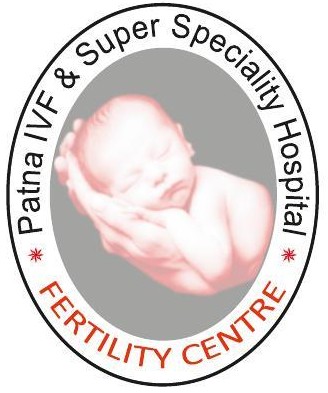Introduction
Blocked fallopian tubes are a common cause of infertility in women. These tubes connect the ovaries to the uterus. When they are blocked, eggs cannot travel to meet sperm. As a result, pregnancy becomes difficult. Understanding blocked fallopian tubes is important for women who want to have children. Early detection and treatment can improve your chances of conceiving.
Causes of Blocked Fallopian Tubes
Many factors can lead to blocked fallopian tubes. Sometimes, infections or past surgeries are to blame. In other cases, certain health conditions may cause blockages. Below are common causes:
Because these causes are common, it is important to know your risk factors.
Symptoms of Blocked Fallopian Tubes
Often, blocked fallopian tubes do not cause clear symptoms. Many women only learn about the problem when they have trouble getting pregnant. However, some signs may suggest a blockage:
Still, many women have no symptoms at all. Therefore, regular check-ups are important if you are planning a family.
How to Diagnose Blocked Fallopian Tubes
Doctors use several tests to find out if your fallopian tubes are blocked. Early diagnosis can help guide treatment. Common ways to diagnose blocked fallopian tubes include:
Because each test has pros and cons, your doctor will choose the best one for you. If you are searching for blocked fallopian tubes treatment in your area, ask about these tests.
Treatment Options for Blocked Fallopian Tubes
Treatment for blocked fallopian tubes depends on the cause and how severe the blockage is. Your doctor will discuss the best plan for you. Common treatment options include:
Sometimes, treatment may not fully restore fertility. However, many women go on to have healthy pregnancies after treatment.
Prevention and Lifestyle Guidance
While not all blockages can be prevented, you can lower your risk with healthy habits. Here are some tips:
Because prevention is easier than treatment, these steps can help protect your fertility.
When to See a Doctor
If you have trouble getting pregnant after one year of trying, see a doctor. Also, seek help if you have pelvic pain, unusual discharge, or a history of infections. Early care can improve your chances of a healthy pregnancy. If you are looking for how to diagnose blocked fallopian tubes, a specialist can guide you.
Conclusion
Blocked fallopian tubes are a common reason for infertility. However, with early diagnosis and the right treatment, many women can still have children. If you have concerns about your fertility, consult a specialist at Patna IVF & Endosurgery Centre for personalized guidance.

